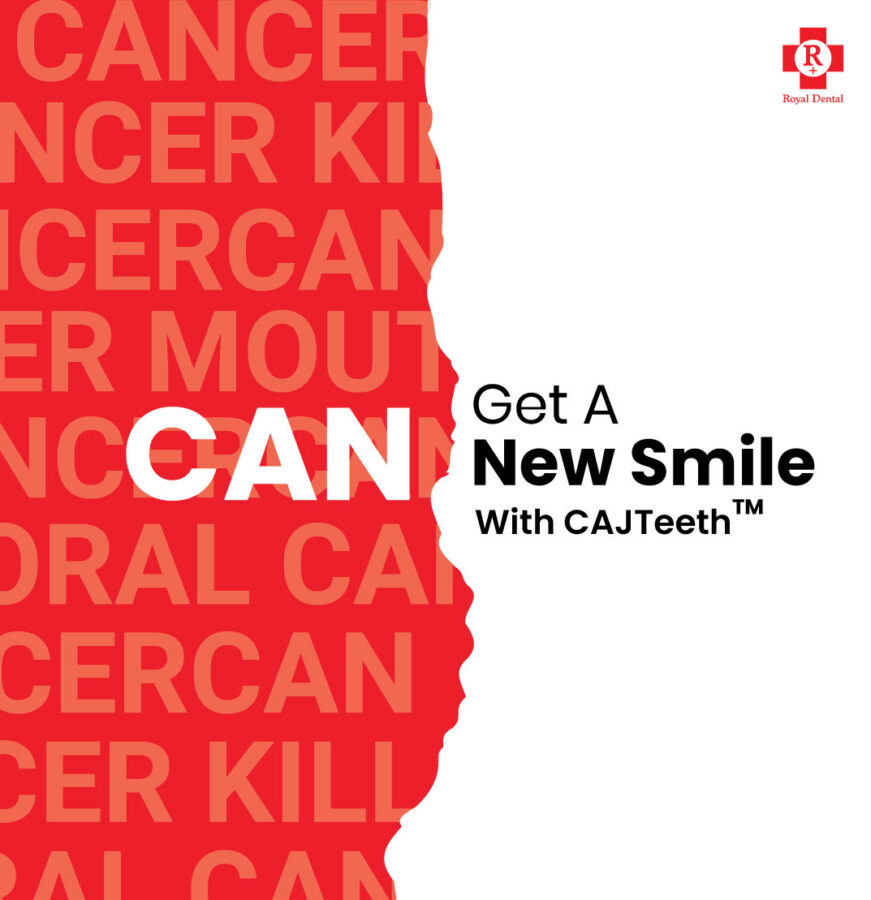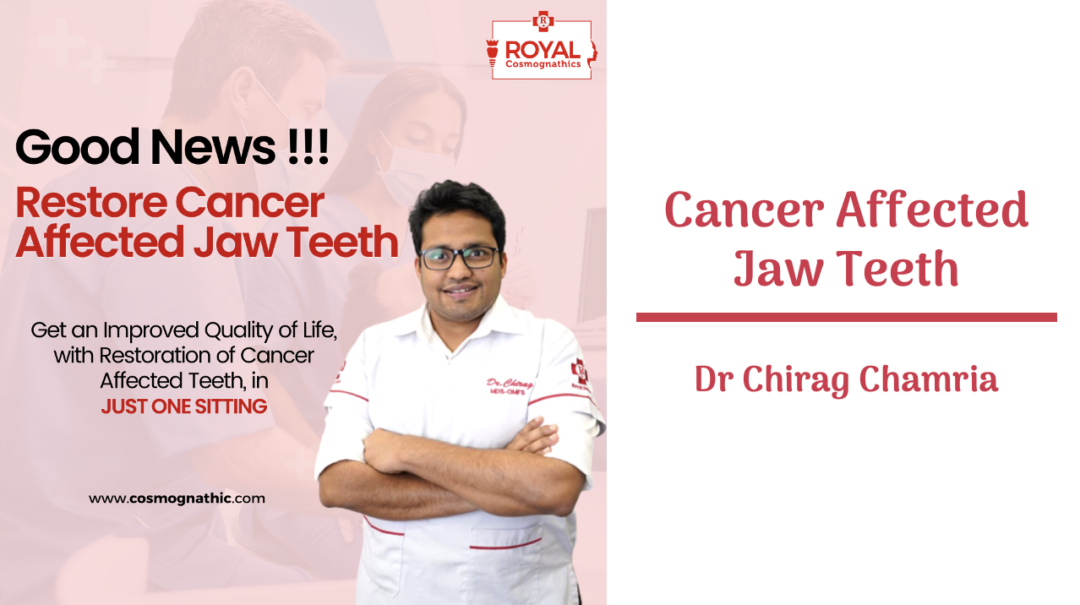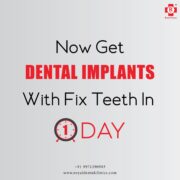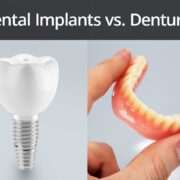Patients who have had their jaws or teeth removed need to wear dentures or other fixed prosthesis for the rest of their lives. It’s not uncommon for them to experience dental rehabilitation after oral cancer surgery. We answer what are the best practices for dental rehabilitation? How should you care for your new fixed teeth? Here are some tips that can help you get through it.
What Is Dental Rehabilitation after oral cancer surgery?
Dental rehabilitation is the process of restoring someone’s oral health after oral cancer surgery. The two main goals are restoring function and appearance to their mouth.
It’s important for people who have had their jaws or teeth removed to wear prostheses. Without these, it can be difficult for them to chew food or speak clearly. They may also experience problems with nutrition, speech, and appearance.
Dental rehabilitation after oral cancer surgery involves procedures that will restore the appearance of the mouth, improve speech, and maintain good nutrition. Dental rehabilitation may include dental and zygomatic implants in the jawbone for dentures; crowns & bridges with SAPTeethTM; tooth extractions; neck dissection; radiation therapy; chemotherapy; and/or reconstructive surgery like microvascular free tissue transfer (MFTT).
The technology developed in rehabilitation oral function along with removal of oral cancer is CAJTeethTM.
Preparation for Rehabilitation after Cancer
Dental rehabilitation is a procedure that restores missing teeth and structures in the mouth, to help people who have had their jaws or teeth removed. Patients who have been through oral cancer surgery experience dental rehabilitation.
Patients prepared for a few things before coming in for a consultation. It’s important to come to your appointment prepared with a list of any medications you are currently taking, including prescription drugs and herbal supplements.
Additionally, you should bring in any other prescription of the doctor, so that the oral surgeon can get a full view of what needs done. It’s also helpful if you bring in photographs of yourself when your teeth were healthy and strong. This will give the team an idea of what your natural smile looks like when it’s fully intact.

What after Oral Cancer Consultation?
After the consultation, you may decide to get your oral cancer surgery along with the rehabilitation on the same day itself. The rehabilitation of oral cancer usually starts from the planning of oral cancer surgery. Using the most advanced CAD-CAM technology and 3D printing simulations, the cancer surgery planned. Enabled software simulations and visual 3D models, accurate predictions of the surgery and restoration can planned.
Using custom dental and maxillofacial implants the support for the dental prosthesis created. Dental prosthesis using the polymer based SAPTeethTM are most commonly preferred. You should consult with your doctor regarding the life after oral cancer and rehabilitation care.
Care When You Get Your New Teeth
First things first, take care of your new teeth.
Patients with oral cancer surgery would wear dentures or prosthesis post-surgery to replace their missing teeth. This will need to be taken care of for the rest of their lives.
Even though this is a more comfortable option, prosthesis can still cause problems and will require some upkeep. For example, they may slip out of place and need to be readjusted by the patient or your dentist. Sometimes, they may need to be refitted if they become loose or start to irritate the mouth because of shifting after eating difficult foods like peanut butter beef jerky or chikki.
Prosthesis can also come loose and fall out on occasion if you’re not careful with them. It’s important that you always come for follow-ups. As most prosthesis would require minor bite adjustments periodically.
Diet Tips For Dental Rehabilitation
Diet plays a major role in dental rehabilitation. Dental health is no different from general health and if you don’t eat right, you can have a negative impact on your oral health.
After oral cancer surgery, it’s important to take care of yourself and your new teeth. You will need to eat a healthy diet that has plenty of vitamins and minerals to promote healing from any damage from the surgery.
It’s also important to avoid eating hard foods that can chip or break your teeth as they are more brittle until they heal completely. After their dental rehabilitation, patients should also make an effort to speak with their dentists about how often they need cleanings and what brushing and flossing methods work best for them. It is also recommended that after surgery you may require hydrating toothpastes.
Conclusion to rehabilitation after cancer
Dental rehabilitation is a process most people don’t take seriously or prepare for until it’s too late. With the help of the tips in this article, you can start taking care of your mouth and teeth today, and get back to a healthy mouth and smile after oral cancer surgery.
Follow Us For More Updates






it is very nice royal dental clinic